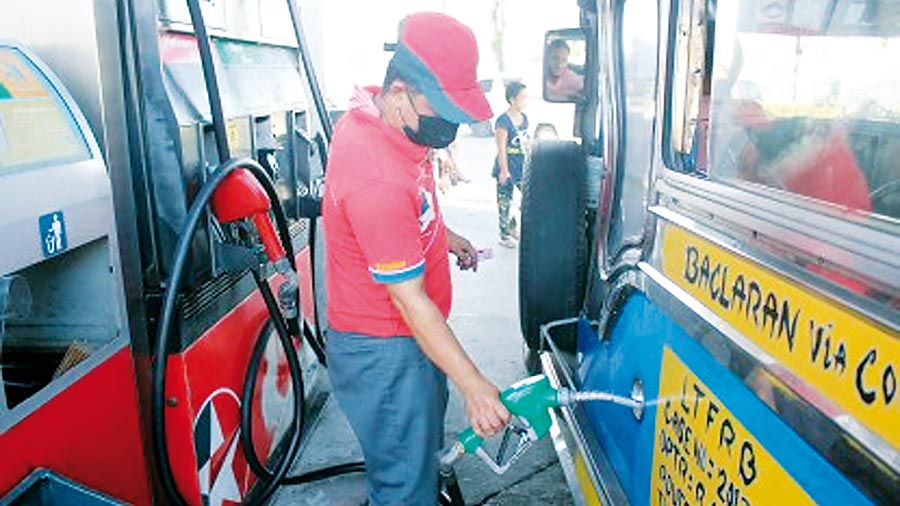The Philippines is losing over P500 billion annually in revenues due to tax evasion crimes, which are often associated with illicit trade activities, such as counterfeiting, smuggling and money laundering, according to the Transnational Alliance to Combat Illicit Trade (TRACIT), an independent, private sector initiative advocating mitigation of illicit trade globally, citing records from the Bureau of Internal Revenue (BIR).
TRACIT said the Philippines ranks 64th out of 84 countries in the Global Illicit Trade Environment Index which assesses the structural capability of a country to protect itself against illicit trade.
With an overall score of 49 (out of 100), this is slightly above the Asean average (46) but well below the global average (60).
The country report released by TRACIT this November, said among the four categories in the Index, the Philippines registers its strongest performance in the area of Transparency and Trade, where it ranks 24th of 84, followed by Supply and Demand (55th) and Customs Environment (60th).
“While there’s room for improvement across all categories, significant efforts are required in the Government Policy category, where perceptions of corruption and limited compliance with FATF The Financial Action Task Force, (FATF) standards lower its overall performance.
The report said the illicit economy is driven by several challenges including the country’s location in Southeast Asia and proximity to other major Asian economies, especially China, which has made the Philippines both a hub and transit point for various forms of illegal trade.
The report also cited weak regulatory and enforcement systems, coupled with limited resources and skills shortages challenge the ability of enforcement agencies to monitor and detect illicit trade activities effectively.
TRACIT said criminal cases related to illicit trade often languish with the judicial system for several years before a final decision is reached and existing sanctions do not have sufficient deterrent effect.
Another challenge, TRACIT said, is the limited awareness among consumers, who do not perceive counterfeits as a problem but rather as bargains.
Of the P500 billion, P100 billion is the result of tax evasion on cigarettes, said TRACIT, citing data from BIR.
The report said the country also frequently ranks among the 20 countries with the highest levels of illicit financial flows worldwide. It also noted counterfeit trade in the Philippines is driven by a number of factors, including limited law enforcement resources, corruption, and consumer demand for cheaper products. The country is also one of the world’s largest sources of pirated digital content
TRACIT also cited official reports which said the Philippines has been listed along with China, India, Vietnam, Indonesia, and Pakistan as a leading source country of falsified medicines.
Illicit alcohol is also significant problem in the Philippines, where unrecorded alcohol represented nearly one third of total consumption.
The report said latest estimates indicate illicit cigarettes make up as much as 16 percent of the market.
TRACIT said fuel smuggling has been a long-standing problem, costing the country as much as P37.5 billion annually in lost tax revenue from excise and value-added taxes.
Agricultural smuggling is a significant and growing issue. These include products like rice, vegetables, poultry, and livestock
The report said the Philippines is vulnerable to several environmental crimes including fishing, mining and logging. lllegal mining activities alone is estimated at $700 million a year.
The report recommended more efforts to prevent the flow of illegal goods across borders; strengthen cooperation with neighboring countries; boost investments in IP rights enforcement; expedite the resolution of IP-related criminal cases; and strengthen and enforce criminal penalties.
It also proposed tightening controls on money laundering; implementing coherent domestic tax policies; enhancing transparency and accountability; empowering consumers through awareness; improving controls in the digital environment and promoting the creation of local private-public partnerships.




